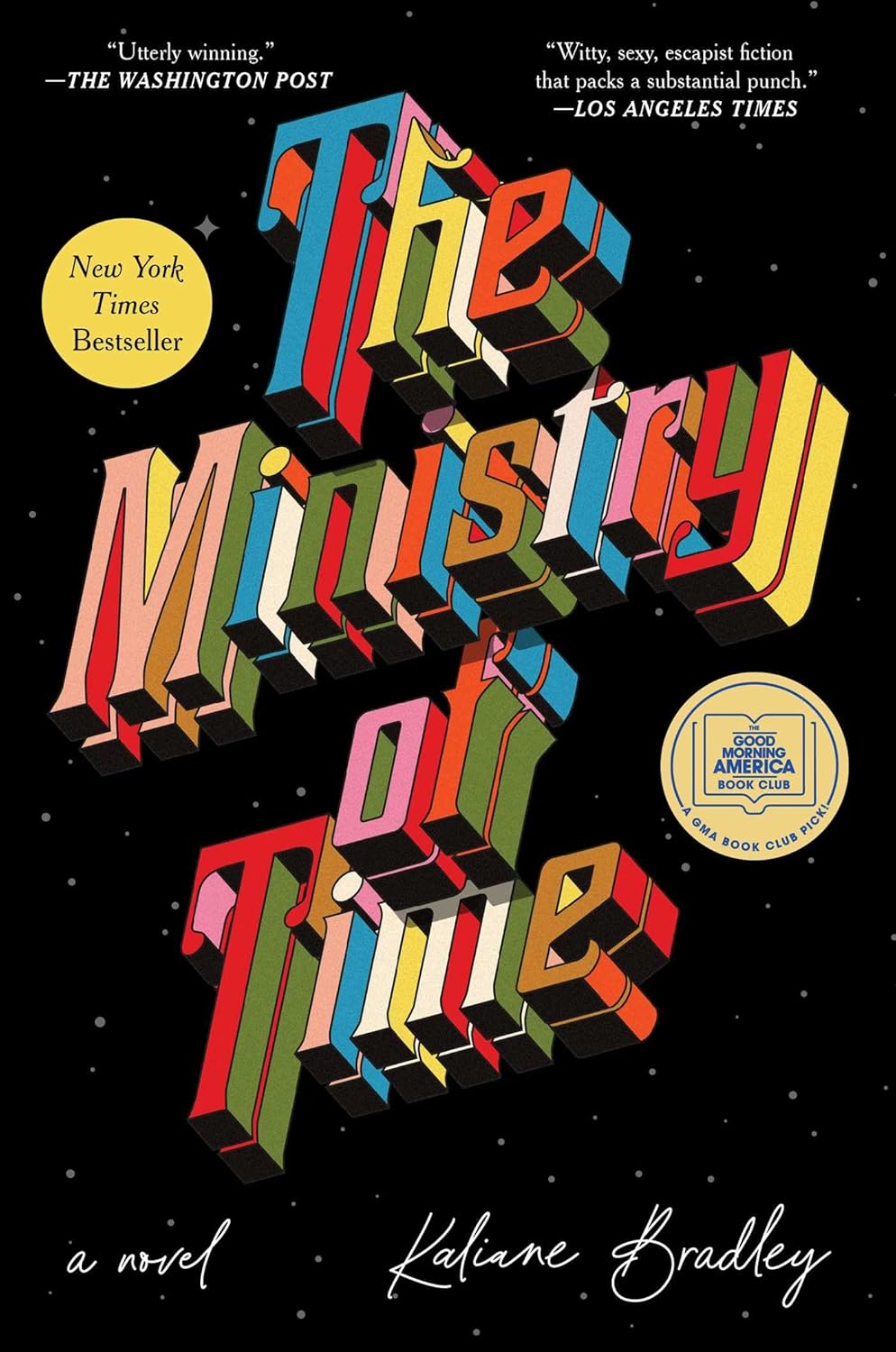Chapter 2
byChapter 2 opens with the narrator reflecting on their experience at the Ministry after riding the London Underground with Graham Gore, an expat from a past era. Despite his displacement, Gore adjusts surprisingly well to modern life, though he often questions contemporary concepts, such as the complexities of dating in the 21st century. His openness to the changes around him is clear, but the narrator feels their budding relationship is tainted by the emotional weight each of them carries from their respective histories. Upon arrival at the Ministry, Gore is escorted to meet with other expats, while the narrator meets with Quentin, their handler. Quentin, however, expresses concern over the cognitive stability of the expats, particularly Gore. This introduces the key theme of the chapter: the immense challenges faced by those who have been extracted from their historical periods. As Quentin and the narrator discuss the psychological struggles of these individuals, it becomes clear that reintroducing them into modern society is far from straightforward. The expats are left to navigate a world so foreign to them, and the toll it takes is just beginning to emerge.
Quentin’s concerns regarding Gore’s mental state are revealed in a conversation where he explains that Gore had originally assumed his expedition had survived its dire circumstances. This misconception further highlights the disconnection that many of the expats feel with the current era, adding another layer to the struggles they face. The chapter delves deeper into the concept of time travel and its effects on individuals who are placed in a future they do not recognize. This struggle is also reflected in the other expats, such as Reginald-Smyth, who finds it difficult to adapt to modern life. During a meeting with Vice Secretary Adela, the topic of expat welfare is discussed in detail. Adela, along with other officials, grapples with the morality of the project. Is it ethical to bring people from the past into a future they can barely comprehend? This raises questions about the psychological toll of being displaced through time. The expats are subjected to a life that not only isolates them physically but mentally, as they are forced to confront their own irrelevance in this modern world. Simellia, another bridge in the project, shares her experience with her own expat, emphasizing the psychological trauma they all face. The complexities of identity, history, and time are woven throughout the chapter, making it clear that this project is fraught with moral ambiguity and unforeseen consequences.
The narrator’s relationship with Gore is further explored, as the complexity of his character becomes more apparent. Gore is portrayed as charming but disoriented, struggling with the notion of how to fit into a world that feels foreign. Their interactions are filled with both humor and discomfort, as Gore’s efforts to understand modern customs often lead to moments of cultural dissonance. One of the most telling moments occurs when Gore expresses a desire for a dog, symbolizing his yearning for normalcy and companionship in a time he does not fully understand. This request is met with skepticism, which further highlights the chasm between him and the modern world. It is in these small moments that the depth of his struggle is revealed, as he longs for connection and stability in an environment that offers little of either. At the same time, the narrator is grappling with her own complicated identity, particularly her mixed-race background, which complicates her understanding of modern societal norms. While educating Gore on contemporary life, she is also forced to confront the complexity of her own position within this modern society. The juxtaposition of the expats’ yearning for connection and the narrator’s struggle to understand her place in this world highlights the deep themes of identity, cultural adaptation, and the balance between personal history and the expectations of the present. Their evolving interactions explore these themes in subtle, yet powerful, ways, suggesting that their friendship will continue to grow despite the challenges they face.
The chapter also dives into the idea of cultural and societal expectations, particularly through the lens of the expats’ attempts to adjust to modern life. As Gore begins to engage more with the customs of the present, it becomes clear that adapting to this world is not as simple as it may seem. The burden of history weighs heavily on each of the expats, and the contrast between the world they once knew and the one they are thrust into continues to generate tension. This creates a complex narrative that explores not only the practical challenges of adjusting to a new society but also the emotional and psychological implications of living in a time that is not one’s own. The evolving relationships between the expats and the narrator serve as a reflection of these larger themes, pointing to the possibility that, despite their differences, they might find a way to reconcile their past with the present. In this way, the chapter offers a nuanced exploration of identity, belonging, and the difficulties of navigating the complex terrain between the past and the future.

